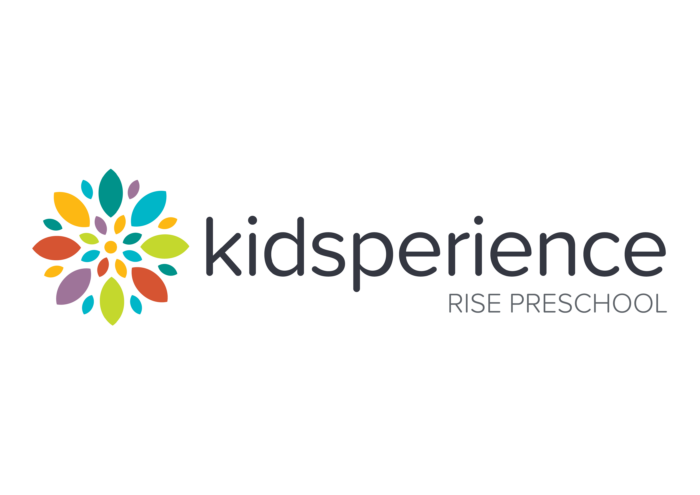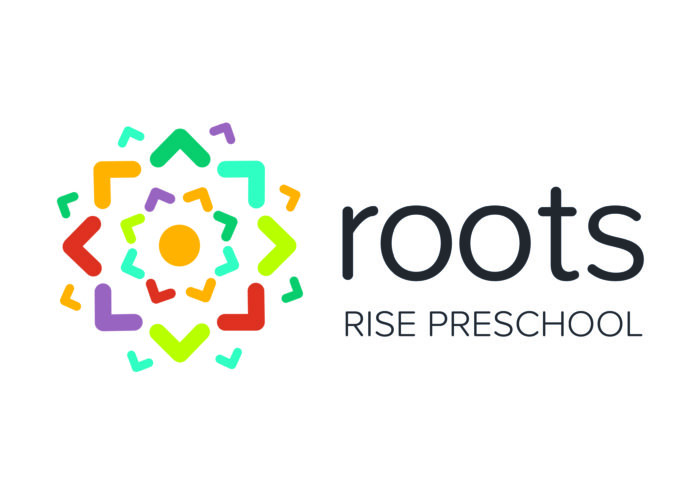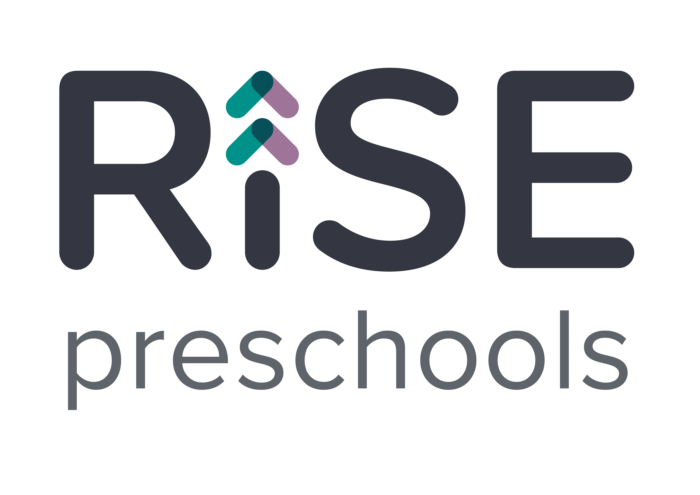The Preschool: A Little World Of Its Own


Step into a preschool classroom, and you’ll find yourself immersed in a vibrant small world bursting with energy, curiosity, and boundless potential. Far more than a mere educational setting, a preschool environment mirrors the complexities and dynamics of a miniature society, where young learners embark on a journey of exploration, collaboration, and self-discovery. From social interactions to roles and responsibilities, here’s a glimpse into how a preschool environment embodies the essence of a micro society.
Diversity and Inclusion
Just as in broader society, preschool classrooms are melting pots of diversity and inclusion. Children from various cultural backgrounds, languages, and differing societal circumstances come together, each bringing their unique perspectives, experiences, and traditions to the group. Through interactions with peers from diverse backgrounds, children learn to appreciate differences, celebrate diversity, and develop empathy, laying the foundation for a more inclusive society.
Social Structures and Hierarchies
Within the preschool micro society, social structures and hierarchies emerge as children navigate relationships, form friendships, and negotiate group dynamics. From leaders who naturally emerge as group mentors to followers who seek guidance and support from those around them, children learn to navigate social roles and hierarchies, developing essential interpersonal skills such as cooperation, communication, and conflict resolution. Through play and collaboration, they experiment with different roles and identities, shaping their understanding of self and society.
Rules and Norms
Just as societies establish rules and norms to maintain the smooth running of a community, preschool classrooms operate within a framework of established routines, expectations, and guidelines. Whether it’s taking turns during circle time, respecting personal space during play, or raising hands to share ideas, children learn the importance of rules in fostering a safe and supportive learning environment. Through consistent and positive reinforcement, educators create a culture of respect, responsibility, and mutual understanding, preparing children to become well meaning members of society.
Community Engagement and Citizenship
Preschool environments extend beyond the walls of the classroom, fostering connections with families, communities, and the broader world. Through community projects, visits from local professionals, and cultural celebrations, children develop a sense of belonging to the world around them. By engaging in acts of kindness, environmental efforts, and participation in local events, they learn the value of community and the power of collective action, laying the groundwork for a more compassionate and socially responsible society.
Empowerment and Agency
In the preschool world, children are not merely passive participants but active agents in their own learning journey. Through hands-on exploration, inquiry-based learning, and open-ended play, they exercise independence, creativity, and problem-solving skills. Whether they’re building towering block structures, conducting science experiments, or staging imaginative play scenarios, children learn to take risks, overcome challenges, and express their unique voices, empowering them to become confident, resilient individuals in an ever-changing world.
A preschool environment is far more than a place of early education.
Early Years Matter.

